Recently I made my move towards a greener pasture. That is to say, I left my previous employer and started working at a new company. It took me more than six months to find a job that was the right fit for me. During this period, I had to go back to the basics, by which I landed my first engineering job. At the same time, I got tagged on Quora to answer a question about how to get your first engineering job. Which made me ponder upon what were the things I did differently and would recommend someone in such a position.
Well, the following are my two-cents on the topic.
I graduated from engineering when it was (and still is) considered that only 7% of engineering graduates are employable.
“Only 7 per cent engineering graduates employable”
Source: India Today
In the above-cited article, they mentioned various reasons for the low employability of engineering graduates. They further criticizing the state of the economy to the faulty education system for low employability. For most of the reasons mentioned in the article, there isn’t much we can do to make any significant change. But there are things that you can do which can have a positive effect on your job prospects.
How you can land your first Engineering Job?
Below I have mentioned a few points which have helped me land my first engineering job. These are not some generic points copied from the internet, but these are actionable things you can start working on from day one. Successfully implementing the following action points will increase your chances of landing a job.
I have never valued academics much. Not that I couldn’t top my class but it never was something that interested me. And that’s why you won’t find any points stating you to score a certain percentage. Designing things in real life is way more interesting to me. But it is important to at least get the bare minimum score for you to qualify for the campus placement.
Though the following points are from an electronics engineer’s perspective, they are equally applicable to other engineering fields.
1. Work on Personals Projects
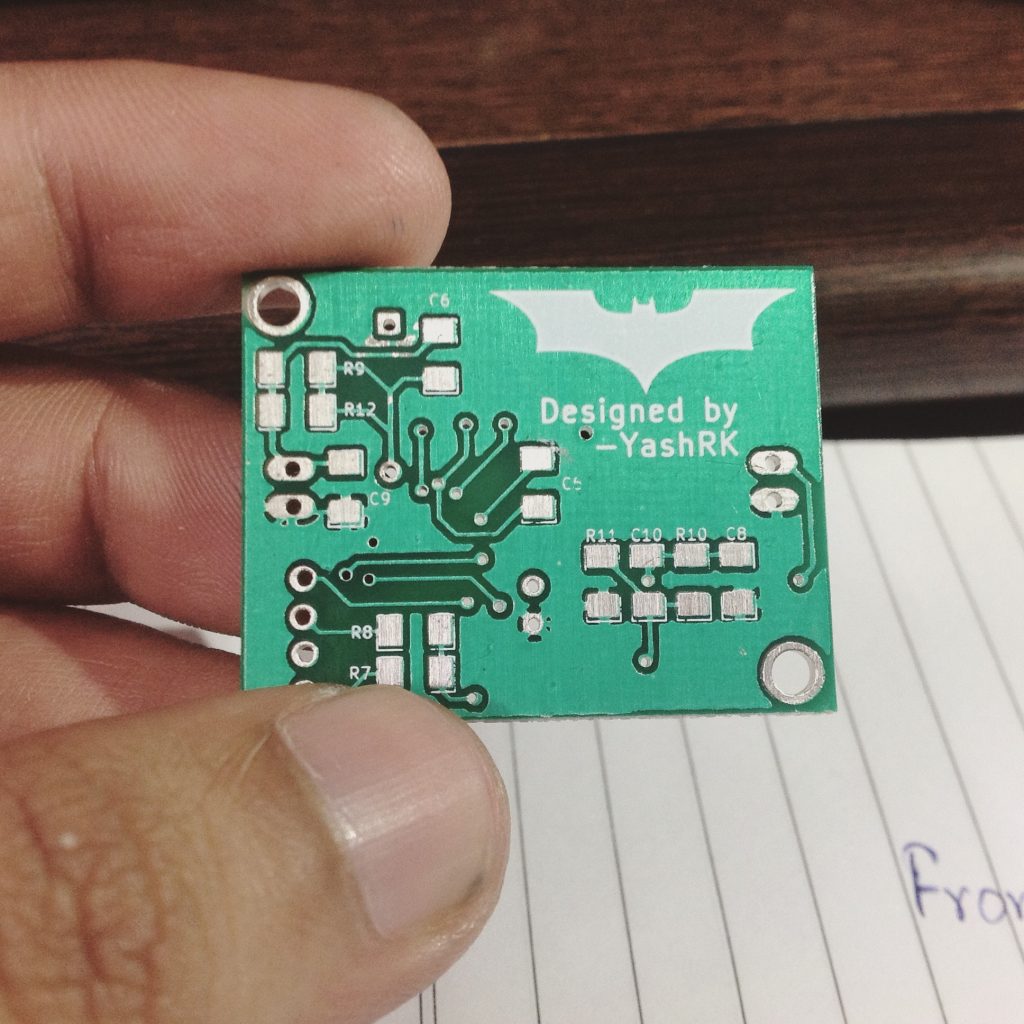
An engineer should be working on some personal projects irrespective of your engineering field. I know what just came on to your mind, you don’t know anything right now, and it’s true.
But how do you think experts became experts in their field?
They failed! Dave Jones from the EEVBlog always wishes failure to everyone who is trying something new. According to him, failure will teach you more than instant success. And no, it is not some philosophical mumbo jumbo. It is what engineers (any professional) do. We fail, we scratch our heads, and we try something new. A failed circuit will teach you more about electronics than a successful one.
There is a lot to learn hence there is a lot to try. Working on a personal project lets you try different things and fail at them early in your carrier, so you don’t fail later when the stakes are higher. You also learn more and you understand what you are good at and what you need to work on. It is true that our education system doesn’t impart any technical skills but working on a personal project will.
Hopefully, you are convinced right now that you should start working on something, but where do you start? Whenever I need inspiration for any projects I go to these following site:
Find a project which will be fun for you, something that you might find useful. How about DIY LED 8×8 matrix Game console?
Again don’t be scared to blow few capacitors up. I’m sure you will be left with a bin of dead electronics components but you will be wiser by the end of it.
2. Find out what you like to work on
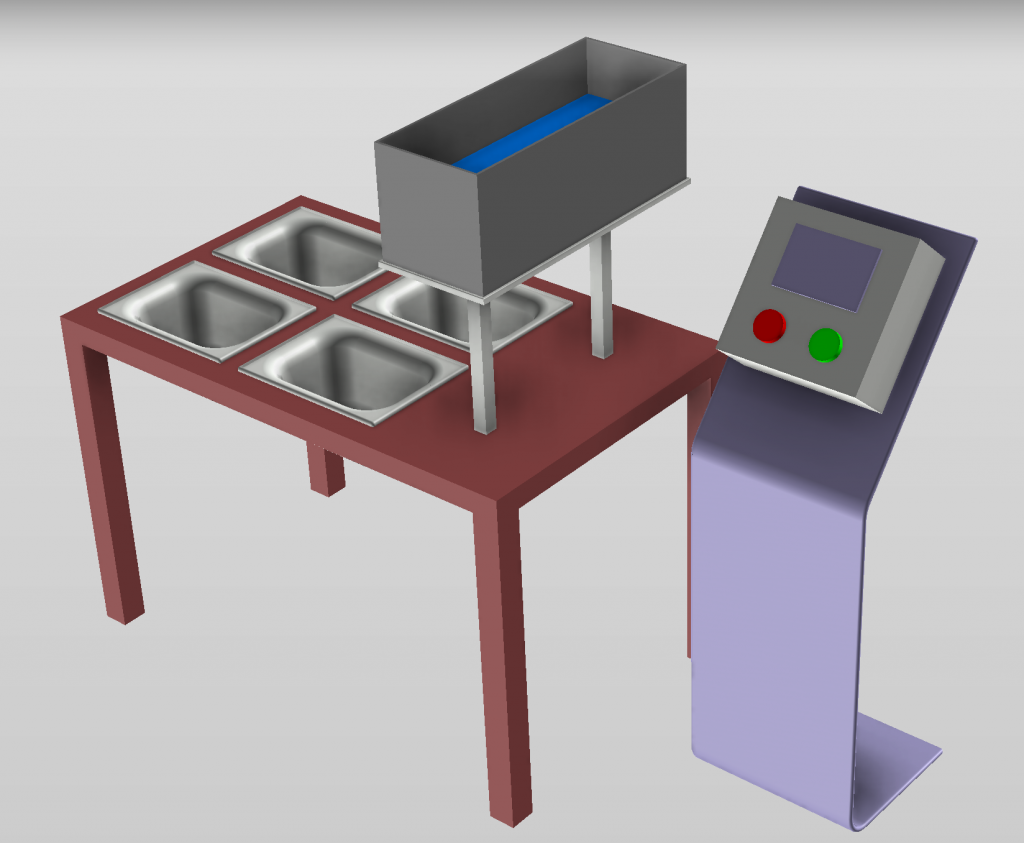
Like I have already mentioned there is a lot to learn in any given field. More you know, the more there is to learn.
“The more you know, the more you realise how much you don’t know — the less you know, the more you think you know.”
David T. Freeman
In reality, you can’t be an expert at everything you. There is nothing wrong with that realization, no one can be an expert at everything that’s why people hire other people to do things in a better and efficient way than they can do on their own.
So it is important to find out what you really like to do in your field of work.
Do you like to do embedded programming or hardware design?
What in hardware design? power electronics, embedded systems, analog systems?
Would you like to work on consumer electronics or industrial automation? etc.
Do remember the answer to these questions doesn’t have to be exclusive to one but can be a bunch of things or heck it can be a bit of everything. But it’s important to know which one, is the one for you. So you can focus on that thing and excel.
How to do it?
If you have started working on the first point then you already are on your way. Working on a personal project also means you many times have to do everything by yourself. You come up with the circuit on your own, you design PCB on your own, you need to program it on your own, you design the case on your own, and on and on it goes. During which you realize, what you are good at but more importantly you realize, what you like to work on the most. Many times they are not the same thing and that’s ok, we can work on what you like the most.
3. Network with like-minded people
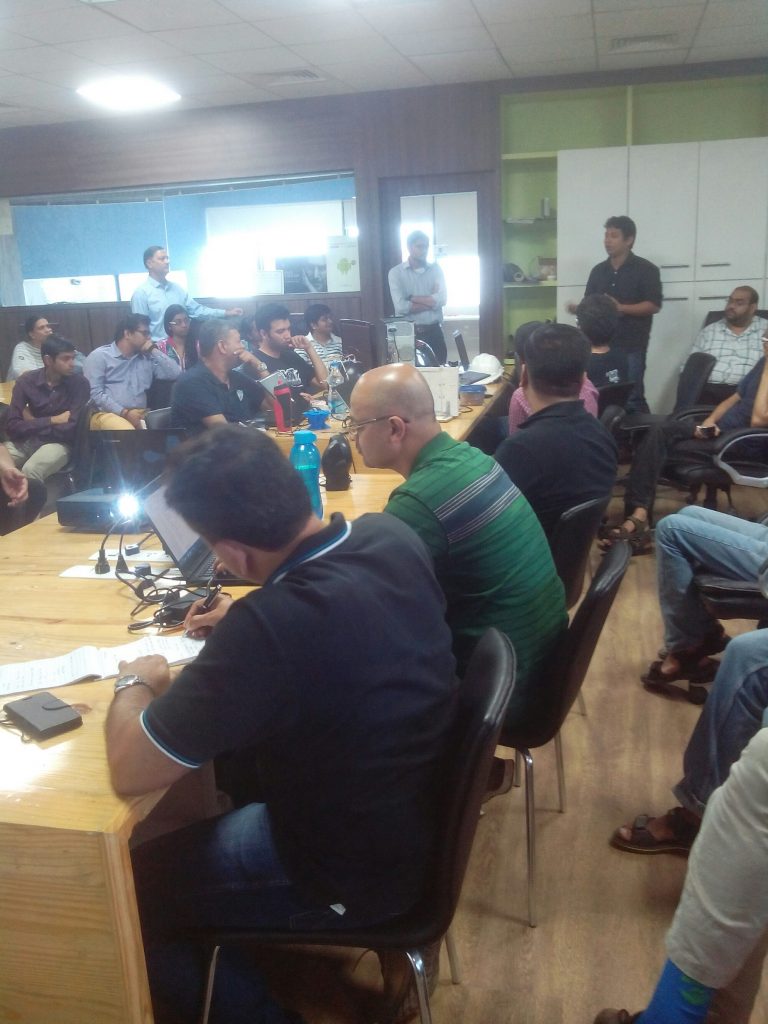
Even using the word “networking” feels repellent for most engineers. Engineers consider themself lone ranges and that how they like to operate out of the office too.
There are a ton of reasons to network, let’s not get into all of them. Let me focus on how I end up using my network the most.
- Technical Help
- Your network of people, working on the same things you work on is really helpful in general but especially when you are stuck on some problem. Let me just give you an example. It was my first time working on embedded Linux side of things. To begin with, I had to write code for a proprietary protocol that was based on TCP/IP. I had no idea how to do it. It was one of those types of situations where I didn’t even know what to search for on the internet. Then I called up an experienced friend who had worked on such systems, he just said “search for Socket Programming”. By the end of the day, I had a working protocol.
- Career Guidance
- When you are starting out everything will be new for you. You will have some obvious questions like How to get a job? How to create your profile on the XYZ job portal? etc. But later on, you will start getting not so obvious questions like, What salary should I be excepting? What is a more important higher salary at company A or the opportunity provided by company B? and many more. This is when your network of peers can be invaluable.
- References
- This is the most obvious one. People who know you, have seen your work or even had a good time working with you can help you get a job. Don’t get me wrong, getting a job just because you know someone irrespective of your skills is plain unethical. But that’s not what I am talking about. People in your network will help themself and their company when they are stuck with some problem and will willingly recommend you to get the job done. And more people who know about you and your skills the better your chances of getting that offer.
How to do it?
I joined local electronics meetups and I am an active member of various electronics forums.
Here are few links to get you started:
4. Get paid to learn

As a full-time student, it is hard to balance academics and personal projects, on top of it, electronics projects can end up being really expensive.
The best thing I did to acquire the skills in things that I was interested in; without ponying up the money needed was to get an Internship or do some freelancing work.
I know it is always the chicken and the egg problem: You need the experience to get a job but you need a job to get experience. And so it goes.
That’s where you need to step it up and create new opportunities for yourself. You can work on opensource projects, get into a competition, invest some time in learning new skills, etc.
When I was in such a situation I took on a freelancing job that no one wanted to work on. (Also on a side note the client was referred to me by my network.) I was clear about my experience with the client but they were desperate enough to trust me and it paid off. They got a working prototype to get their first investment. I ended up learning a lot about automotive electronics and it paid off for me,
How to do it?
Here are links to sites which I use the most:
5. Improve your communication skills
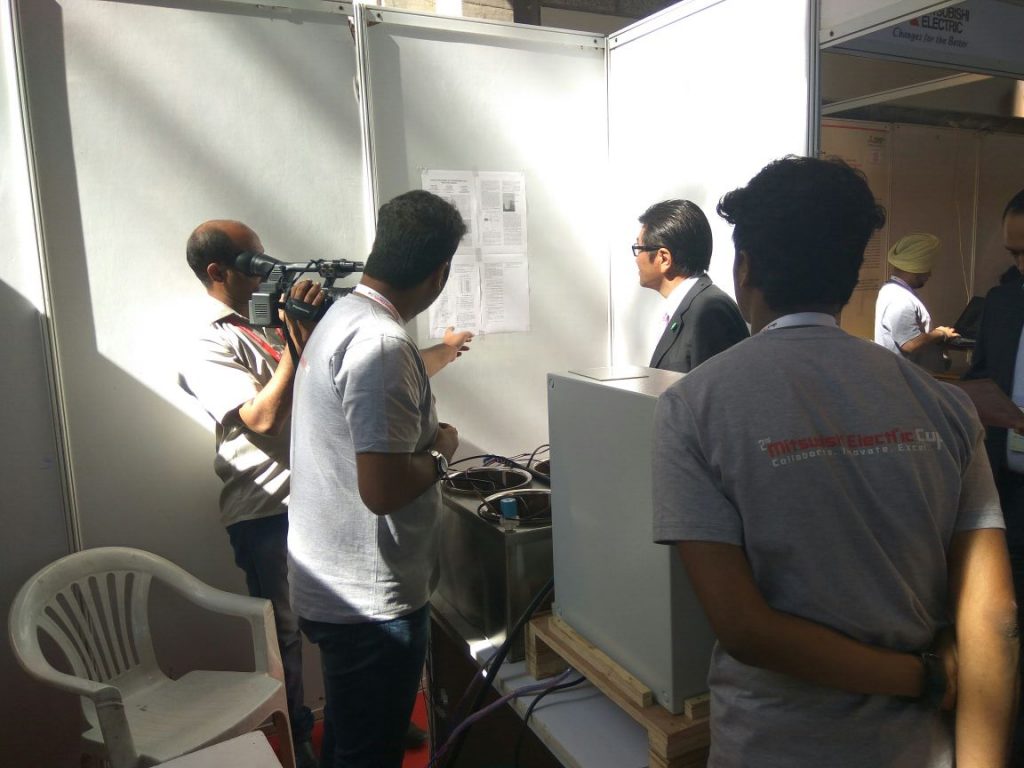
I like to break it down even further into two more specific things
- English Speaking skills
For most of us (in India), English is not our mother tongue. We have English as our first language in school but we never really get to practice it on a day to day basis. And therein lies our confidence buster. There is just nothing much more to add to the topic of “the importance of English as a language in corporate India”, which you already don’t know.
- Presentation skills
By presentation skills, I just don’t mean your PowerPoint skills but in general, your appearance, your confidence, your ability to have a meaning full conversation in a group setting, your ability to lead a conversation into a certain direction, your vocabulary, your writing skills, your punctuality, etc.
How to do it?
By any stretch of the imagination, I can be described as skilled at any of the above-mentioned things.
But the following are things I do to improve myself.
- I read – I am trying to cultivate a habit of reading. This helps me improve my vocabulary, improves my grammar and improves my ability to describe my thoughts to others in conversations as well as in my writing.
- I go to meetups – Going to meetups where people opt to speak in English, this gives me much-needed experience in having a conversation in English. There are also meetups which specifically cater to improve one’s public speaking skills, writing skills, etc.
- I write this blog – This goes hand in hand with improving my ability to express my thoughts into words. Which I realize by reading well-written works of other authors. But it is not enough, it is also important to practice what I have learned. That is what this blog helps me achieve.
Few links to get you started:
Final thoughts
Finding a job can be difficult and stressful. There might be a point where you have done everything mentioned above and more but still, you are not getting the opportunity you deserve. I have been extremely lucky to get the opportunities that I have got and it is easy to join the dots looking back. There will always be a certain percentage of your success which will be tied to sheer luck. But do not lose hope these are uncertain times we live in. We can’t control many things but one should focus on what he has control over, to be the best version of oneself, to pounce on even the sliver of opportunity which comes one’s way.
During the writing of this post I came across this article “One unemployed committed suicide every hour in 2018, shows govt data“. If you find yourself stressed please consider getting some help or talking to someone about it.

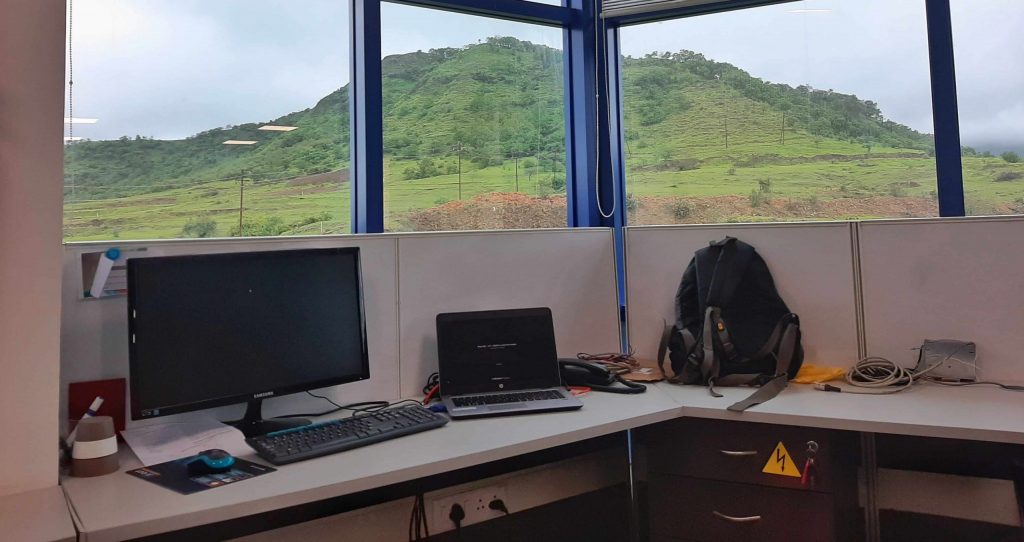

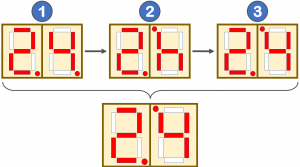

Hello Yash,
A very well-thought written article and thanks for sharing your experience!
Thank you!